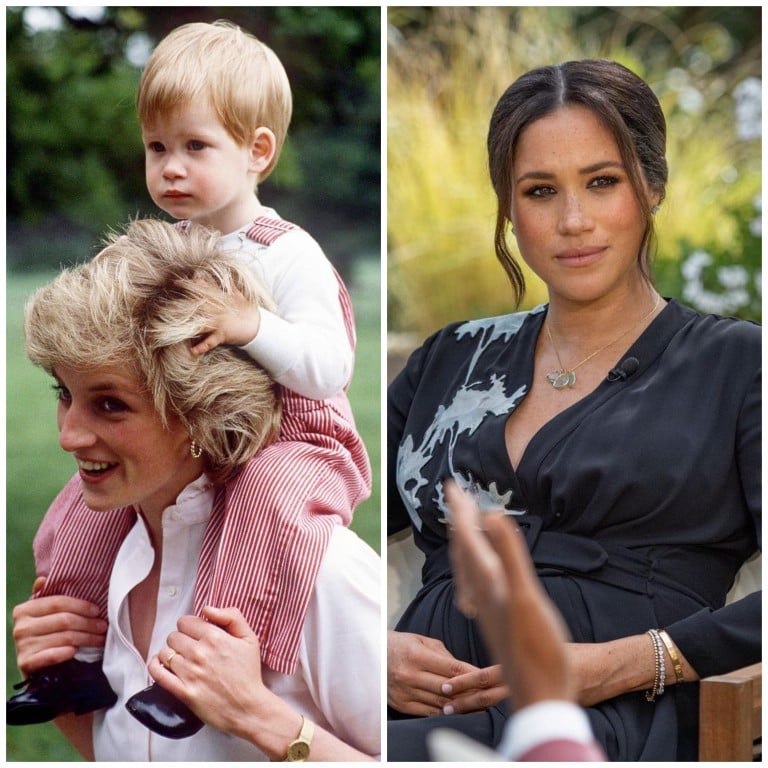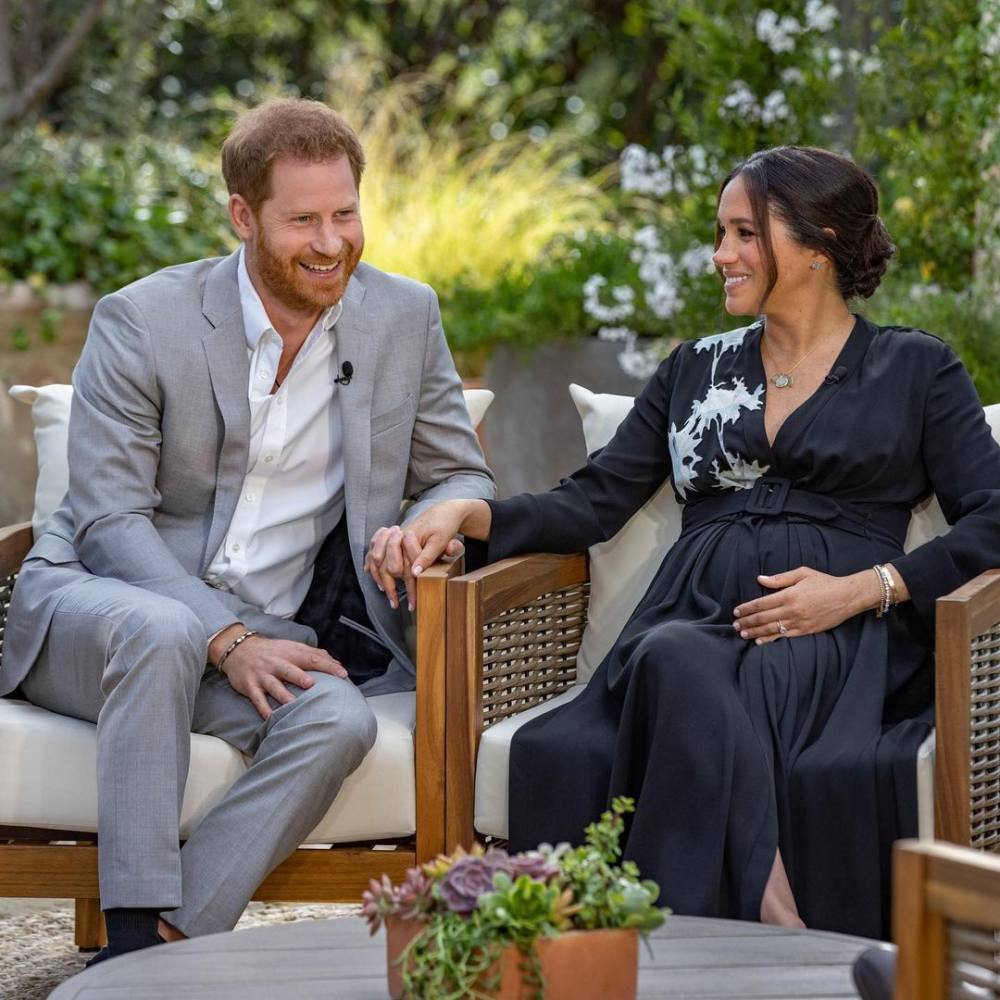Opinion / Princesses in distress: Meghan Markle isn’t the only royal who’s struggled with palace life – so did Princess Diana, Emperor Naruhito’s wife Masako and Dubai’s Princess Latifa


Was Meghan right to do the interview? We could debate about it for hours and still have differing opinions. The same goes for the appalling allegations of racism and elitism, and who we choose to believe.
One thing hasn’t really changed, though. Members of the House of Windsor – whether by birth or marriage – still have little autonomy over their personal lives. The same goes for other royals around the world. In 2018, Princess Latifa, the daughter of Dubai’s ruler, made headlines when she was apparently brought back to her home country against her will. In a video, she explained that she decided to flee in part due to maltreatment from her father. Meanwhile, according to Sky News, Dubai claimed the retrieval was a mission to rescue her from being tricked by criminals seeking money – presumably her co-conspirators.
Of course, Meghan and Empress Masako could have chosen not to marry a prince – which is what Chelsy Davy, Prince Harry’s ex, did. The strong-willed Zimbabwean businesswoman decided her freedom was too high a price to pay for love. But why, though, does a woman have to make such a terrible choice between her relationship and her independence and mental health?
At a time where we’re championing female empowerment more than we were in the past, we can’t not talk about what is happening within the gilded walls of the world’s palaces. With modern monarchs assuming constitutional and representational duties, it’s only right for royal families to set an inspiring and empowering example for the women they represent.
This article originally appeared on Buro Malaysia.
Want more stories like this? Sign up here. Follow STYLE on Facebook, Instagram, YouTube and Twitter.

- In Meghan Markle and Prince Harry’s interview with Oprah Winfrey, the Duchess of Sussex discussed the difficulties of living with the British royal family
- Harvard-educated Empress Masako gave up her career as a diplomat but her daughter Princess Aiko can’t ascend the throne due to the Imperial Household Law